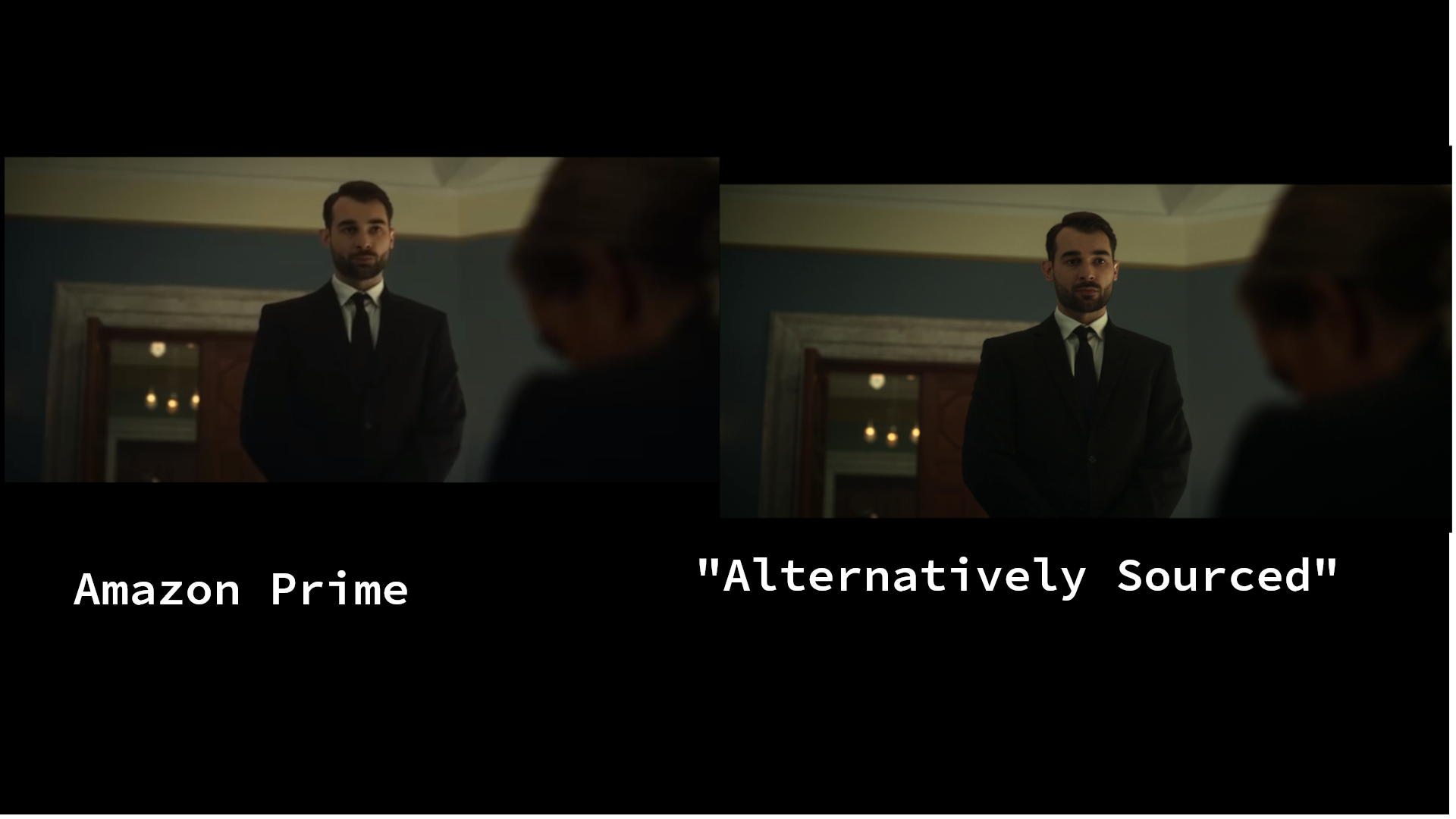this post was submitted on 01 Feb 2024
448 points (94.4% liked)
Piracy: ꜱᴀɪʟ ᴛʜᴇ ʜɪɢʜ ꜱᴇᴀꜱ
55456 readers
1271 users here now
⚓ Dedicated to the discussion of digital piracy, including ethical problems and legal advancements.
Rules • Full Version
1. Posts must be related to the discussion of digital piracy
2. Don't request invites, trade, sell, or self-promote
3. Don't request or link to specific pirated titles, including DMs
4. Don't submit low-quality posts, be entitled, or harass others
Loot, Pillage, & Plunder
📜 c/Piracy Wiki (Community Edition):
💰 Please help cover server costs.
 |
 |
|---|---|
| Ko-fi | Liberapay |
founded 2 years ago
MODERATORS
you are viewing a single comment's thread
view the rest of the comments
view the rest of the comments


Can you tell me more about reencoding to save space?
There is a trade off between just getting more storage and reencoding. I enjoy seeing the results of the re-encodes, but it's more cost effective to just get a larger hard drive.
I don't know anything about this new one they're talking about, but here is a comparison between h.264 (the current industry standard) and h.265.
https://www.epiphan.com/blog/h264-vs-h265/
The short version: Basically the same quality but half the file size, but it takes much longer to encode.
I wouldn’t call h.264 the current industry standard. It’s the smallest common denominator since more or less every device that’s capable of streaming video can decode h.264. However h.265 is pretty much standard for resolutions above 1080p. AV1 is nowhere near standard yet, though.
If you reencode to a more efficient codec, you can save ridiculous amounts of space. If you're interested in reencoding and are willing to play with self hosting, look into Tdarr, it's an app that can reencode your whole library. Been using it for a while after switching from my personal solution has been wonderful. I just put files into my media directories and it picks it up, reencodes the file and replaces the original if everything checks out.